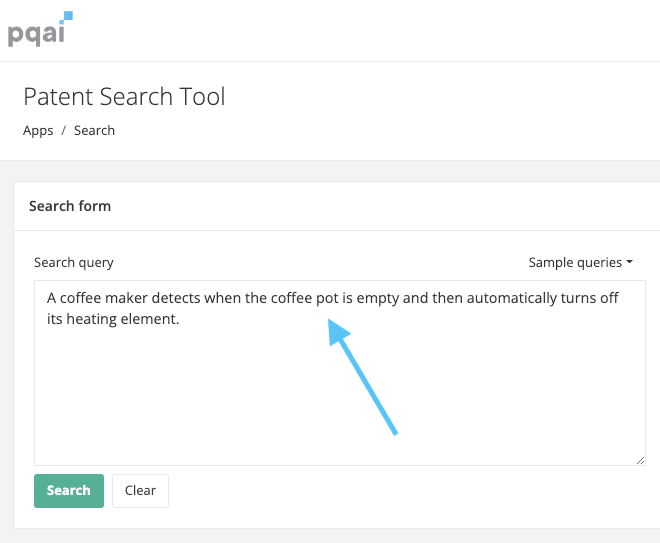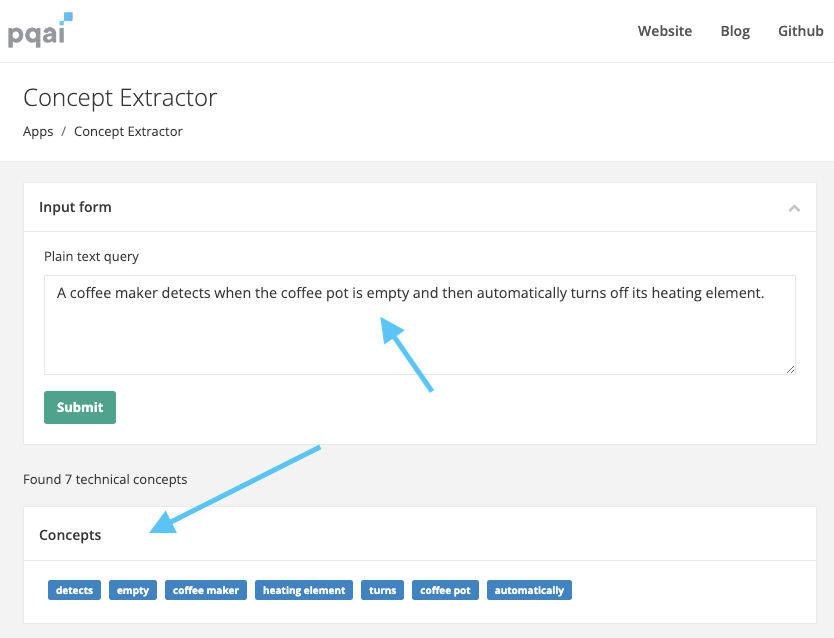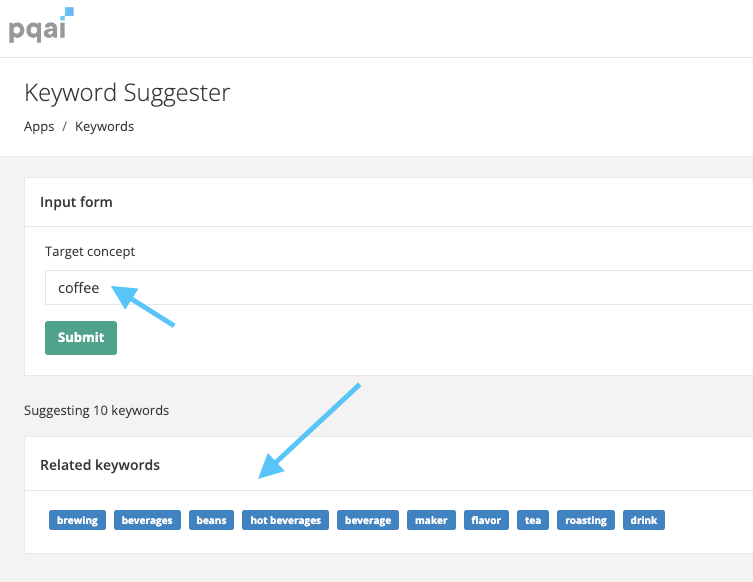Patent Quality Artificial Intelligence
To create a transparent patent process, empower more inventors, and accelerate innovation while improving patent quality.
Open source software (OSS) is a big driver of freedom, trust, and innovation in the digital age.
What Linux did in the OS space and what Mozilla did in the browser space are the results of open source initiatives.
It’s time to bring open source to patent search.
PQAI enables researchers, developers, and tinkerers working with patent data to leverage advanced AI, get community support, and help them make a big impact.




PQAI is dedicated to making patent searches accessible, efficient, and community-driven. Here’s what we’ve built to help inventors, researchers, and developers:

Leverage AI to discover prior art and patent trends efficiently. Export results as PDF reports for deeper insights and collaboration.

Extract key concepts and keywords from patents to enhance your search accuracy and find related ideas.

Find industry-specific terminology to refine your patent searches and communicate your ideas effectively.

Identify relevant IPC/CPC codes based on your invention’s description. Focus on specific technology areas with ease.

Contribute to or use PQAI’s open-source tools. Access the GitHub repository to integrate or build on our AI-powered solutions.

Sam Zellner serves as the team lead at PQAI. He brings decades of experience in intellectual property management and innovation. He has overseen large patent portfolios, guided strategies to improve IP processes, and contributed to advancing the field. Recognized as an IAM Strategy 300 Honoree, his expertise is widely respected.
At PQAI, Sam guides efforts to improve patent searches using advanced AI technologies. His work focuses on making the process more effective and accessible for inventors and professionals.

Dear PQAI Team,
We are pleased to express our support for PQAI and its mission to revolutionize patent searching through open-source, AI-driven solutions.
At [COMPANY NAME], we recognize the importance of accessible and efficient patent tools in fostering innovation and empowering inventors from diverse backgrounds. By supporting PQAI, we aim to contribute to the development of transparent, collaborative, and impactful solutions for the intellectual property community.
We kindly request the addition of [COMPANY NAME] to the official List of Supporters of PQAI.
Sincerely,
[CEO or Equivalent Name]
[Title]
[Company Name]
[Signature]